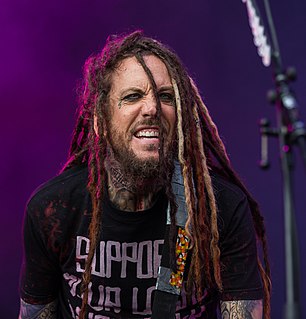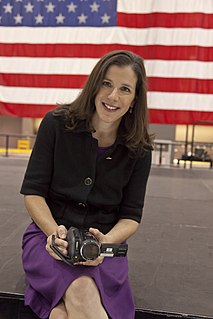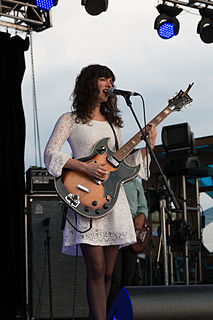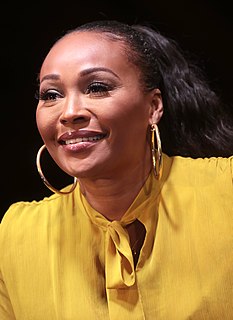A Quote by Theophilus London
When I want to choose to work with someone, you know, I definitely have to do some research on their background and how they were raised as people.
Related Quotes
But this is what I know about people getting ready to walk of the edge of their own lives: they want someone to know how they got there. Maybe they want to know that when they dissolve into earth and water, that last fragment will be saved, held in some corner of someone's mind; or maybe all they want is a chance to dump it pulsing and bloody into someone else's hands, so it won't weigh them down on the journey. They want to leave their stories behind. No one in all the world knows that better than I do.
I guess the most important thing I learned from my mother was you have to raise your own children. I try to say this without judgment, but a lot of people really don't want to do the job because it's so much work. Kids are the hardest job there is, so they just hire someone to do it and then they go to work. There's something about that whole how do you balance being a mother and working, and i f I had to choose, I'd have to choose my kids and I do.
The book Dynamic Programming by Richard Bellman is an important, pioneering work in which a group of problems is collected together at the end of some chapters under the heading "Exercises and Research Problems," with extremely trivial questions appearing in the midst of deep, unsolved problems. It is rumored that someone once asked Dr. Bellman how to tell the exercises apart from the research problems, and he replied: "If you can solve it, it is an exercise; otherwise it's a research problem."
I was raised Catholic. But if someone says I was raised in some religion, that's insufficient information to actually know what was going on. The real question is Was the religion in the household? The answer is no. Important decisions in the household were executed rationally and secularly. So as a result, the foundations of my reasoning derive not from religion but from the rational analysis of circumstances.
My research and practice indicates that people need to be doing work they love and to love the work they do. They need to feel that their efforts matter for the people and causes about which they really care. Further, they need to be doing work with people they respect and enjoy. Finally, they need to feel free to choose where, when and how it all gets done. It's not easy to put these conditions in place, but it is certainly possible to do so, as I have seen and shown in my work in organizations and communities using the Total Leadership approach.
I think we did our first session in 1958. There were no black background singers - there were only white singers. They weren't even called background singers; they were just called singers. I don't know who gave us the name 'background singers,' but I think that came about when The Blossoms started doing background.




































